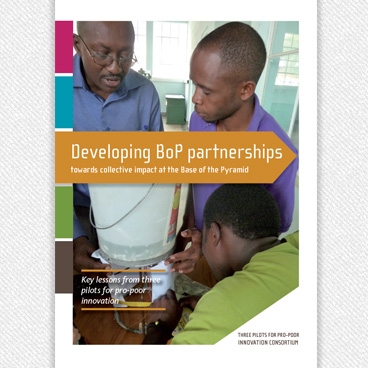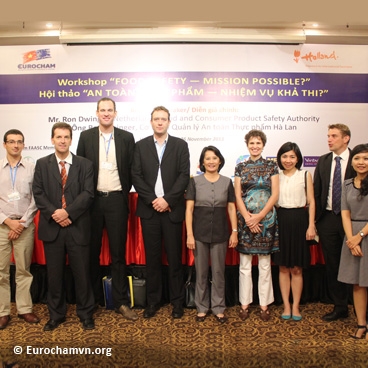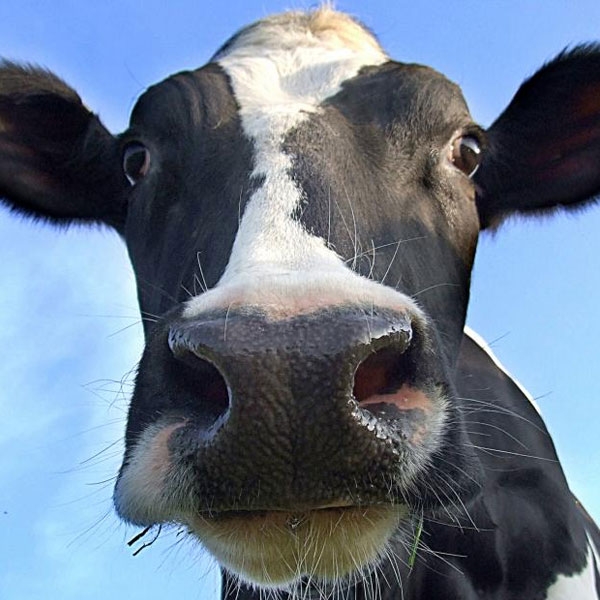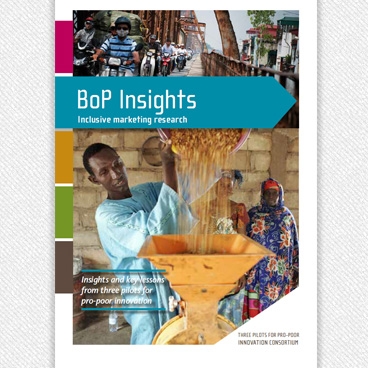Mid 2012 Fresh Studio undertook a safe vegetable retail census covering 10 urban districts of Hanoi.
We combed every street in these 10 districts in search for outlets claiming to sell safe vegetables. The census included all supermarkets, all convenience stores and all vegetable shops, kiosks and stalls claiming to sell safe vegetables; explicitly communicating rau an toàn (safe vegetables), rau sạch (clean vegetables) and/or rau hữu cơ (organic vegetables).
Our research learned that the total volume of safe vegetables sold through the census outlets (based on collected data of average daily volume sales) represents less than 4% of the total amount of vegetables consumed in Hanoi (based on a per capita consumption of 290gr/day).
Further our research learned that supermarket sales account for around 63% of total safe vegetables sold by the census outlets combined.
Relative share in total safe vegetable sales (%):

The main purpose of the research is to provide a rough overview of the safe vegetable retail distribution in urban Hanoi. The enclosed map provides a snapshot of the safe vegetable retail distribution structure of April 2012. Since then across all categories some outlets have closed down while others have opened. We are currently updating the data and welcome information on newly opened channels and will make an updated census overview available through our website early 2014.
If you want to know more information about this census or if you are looking for more information on the category definitions and about the Hanoi market please contact us.











